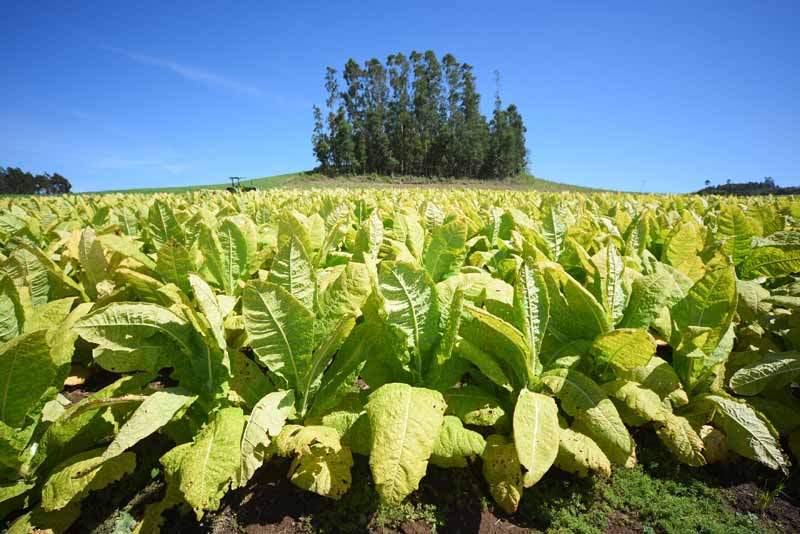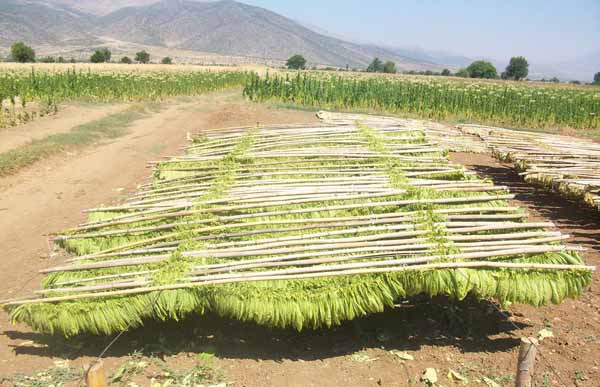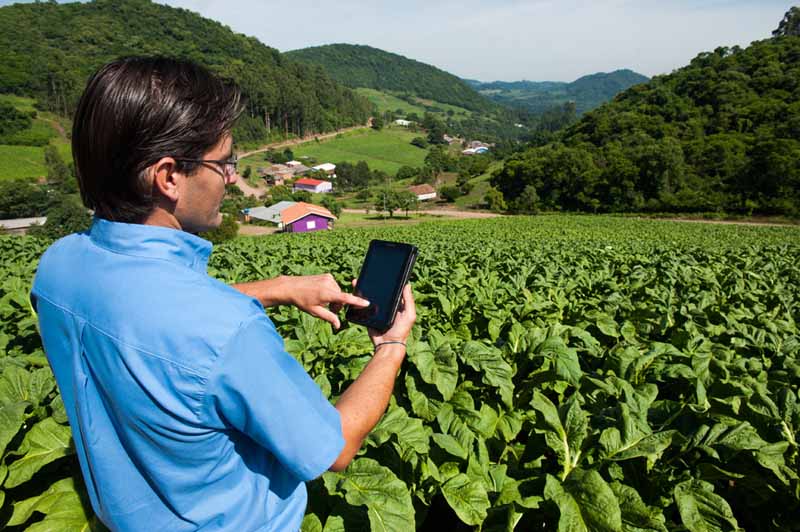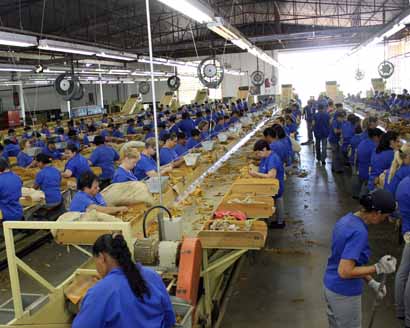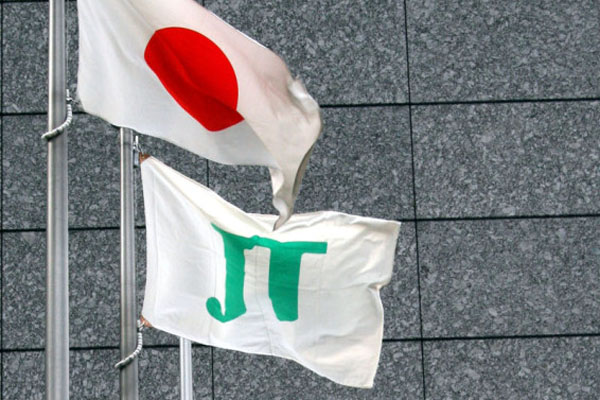Vaping helps people stop smoking – and can even encourage them to quit when they aren’t looking to do so, according to new research from the UK’s University of East Anglia (UAE).
In a piece on the eurekalert.org website, the University said its study had shown that smokers who switched to vaping might be better able [than those using other quit methods] to stay smoke-free in the long term.
It had shown, too, that even people who weren’t looking to stop smoking had eventually quit because they found vaping more enjoyable than smoking.
“E-cigarettes are at least 95 percent less harmful than tobacco smoking, and they are now the most popular aid to quitting smoking in the UK,” said lead researcher Dr. Caitlin Notley of the UEA’s Norwich Medical School.
“However, the idea of using e-cigarettes to stop smoking, and particularly long-term use, remains controversial.”
The research team carried out in-depth interviews with 40 vapers and, in doing so, found that vaping might support long-term smoking abstinence.
“Not only does it substitute many of the physical, psychological, social and cultural elements of cigarette smoking, but it is pleasurable in its own right, as well as convenient and cheaper than smoking,” said Notley. “Our study group also felt better in themselves – they noticed better respiratory function, taste and smell.
“But the really interesting thing we found was that vaping may also encourage people who don’t even want to stop smoking, to eventually quit.”
While most of the sample group reported long histories of tobacco smoking and multiple previous quit attempts, a minority (17 percent) said they enjoyed smoking and had never seriously attempted to quit.
“These were our accidental quitters,” said Dr Notley. “They hadn’t intended to quit smoking and had tried vaping on a whim, or because they had been offered it by friends. They went on to like it, and only then saw it as a potential substitute for smoking.”
“Many people talked about how they saw vaping …as a no pressure approach to quitting,” she said.
Category: Financial

What's not to like?

BAT investing in glo
British American Tobacco said yesterday that it would invest €800 million during the next five years in its factory in Ploiești, Romania.
‘The investment, which will generate 200 new jobs in Romania, will support the expansion of BAT’s innovative tobacco heating product – glo – in countries across Europe during the second half of 2018,’ the company said in a press note posted on its website.
‘A completely new manufacturing hall will be built dedicated to producing the specially designed tobacco sticks – called Neostiks – which work with the glo tobacco heating device. In total, an additional 7,000 square metres of production space will be created and, once completed, the Romanian production plant will be the sole supplier of glo Neostiks across Europe, as BAT continues its ambition to transform the tobacco industry with a range of potentially reduced-risk alternatives for smokers.’
The investment will enhance also the cigarette-making capabilities within the factory.
“We have a long-held ambition to offer smokers a range of potentially reduced-risk products – like tobacco heating devices, e-cigarettes and oral tobacco,” Tadeu Marroco, regional director – Europe and North Africa, was quoted as saying. “This ambition has seen us launch vaping products and tobacco heating devices in 16 countries in the last five years and we’ve bold plans to increase our geographical footprint in the second half of 2018. The significant investment in our factory in Romania is testament to our commitment to offer smokers a wider range of tobacco and nicotine products – with a particular focus on potentially reduced-risk alternatives to smoking – in an increasing amount of countries.”
The factory will supply Neostiks also for the Romanian market following the launch of glo there in December. In the six months since its launch, first in Bucharest and then in 17 other major cities around Romania, almost 25,000 consumers are said to have bought glo and tens of millions of Neostiks have been sold.
In 2017 BAT said, its revenues outside of the US from e-cigarettes and tobacco heating products quadrupled to £397 million. On a full year basis including Reynolds American’s contribution, this would have been more than £500 million.
And the company aims to generate more than £1 billion revenue from NGPs by the end of 2018 and to more than £5 billion by 2022.
Call for 'sin tax' repeal
Excise taxes should be repealed in the US because they harm the poor disproportionately by requiring them to pay a higher portion of their incomes in taxes, say members of the Project 21 black leadership network.
In its Blueprint for a Better Deal for Black America, Project 21 calls for repealing both gasoline taxes and ‘sin taxes’ on items such as tobacco, non-tobacco nicotine products, alcohol, soda, and fatty foods.
This, it says, would reduce the burden on those who were economically at risk.
“With fuel prices on the rise, repealing taxes that can add up to 60 cents per gallon of gasoline would give much-needed relief for the poor who are hurt the most by rising prices,” said Project 21 member Rich Holt, a political consultant who also co-chairs the Ohio Center-Right Coalition meeting. “For the working poor who must drive to work, cutting fuel consumption simply isn’t an option. Each additional dollar spent on gasoline is a dollar that can’t be spent on food, medical care and other necessities.”
Project 21’s blueprint says that ‘sin taxes’ on items including fatty foods, sodas, alcohol, tobacco and non-tobacco nicotine products such as e-cigarettes are less about promoting public health than about generating government revenue. It cites a report by the UK’s Adam Smith Institute that found: ‘Sin taxes are blunt instruments which are more likely to deter moderate users than abusers’.
The Adam Smith Institute noted also that the bottom 10 percent of wage earners spent four times as much on taxes on cigarettes than did the top 10 percent; that the bottom 20 percent of wage earners spent nearly twice as much in alcohol taxes than did the top 20 percent; and that the bottom 20 percent spent seven times as much in taxes on fatty foods than did the top 20 percent.
“Federal and state excise taxes combined can add an average of $179 per year to a family’s gasoline bills,” said Project 21 co-chairman Stacy Washington, a nationally-syndicated talk radio host on the American Family Radio and Urban Family Talk networks. “While this might have little impact on wealthy and solidly middle-class drivers, it can have a devastating impact on those living near the poverty line.
“Add sin taxes on tobacco, alcohol and fatty foods and there is a heavy toll imposed on poor Americans, who are disproportionately minorities.
“Project 21 is calling for government to get off the backs of our poorest citizens by repealing these regressive taxes now.”
Botswana is smoking
Botswana has a higher incidence of tobacco smoking than other highly-populated African countries such as Kenya, Nigeria and Uganda, according to a Xinhua News Agency story quoting a senior official.
At an event marking World No Tobacco Day in Francistown, Botswana’s second largest city, the Permanent Secretary of Botswana’s Ministry of Health and Wellness, Ruth Maphorisa, said the incidence of tobacco use, at 17.6 percent, was ‘severe’.
It was the highest rate among all the African countries that were involved in the Global Adult Tobacco Survey (GATS) last year, which included Kenya, Nigeria and Uganda.
Maphorisa was quoted as saying that, according to last year’s GATS survey, 82.2 percent of tobacco users in Botswana bought single cigarettes, which made them affordable and easily accessible.
At the same time, the average per-person monthly expenditure on tobacco was estimated to be US$79.50, an amount that was almost twice the country’s minimum wage – US$40.00.
Finally, Maphorisa said second-hand smoke was more dangerous than was active smoking.
AOI to present results
Alliance One International said yesterday that it would hold a conference call from 08.00 Eastern Time on June 7 to report financial results for its fourth quarter and fiscal year ended March 31.
The dial-in numbers for the conference call are (877) 260-1479 for domestic callers and (334) 323-0522 for those calling from outside the US. The conference ID is 8903737.
The live call may be accessed also on the Alliance One website by registering at www.aointl.com 15 minutes in advance.
A replay of the conference call will be available also from 11.00 on June 7 through 11.00 on June 12 by dialing (888) 203-1112 (US) or (719) 457-0820 (outside the US), using the code 8903737.
Meanwhile, the company said yesterday that it would hold an investor day on September 12 in New York City.
‘The Investor and Analyst Day will provide insight into the company’s operations, strategic goals, and commitment to shareholder value as well as offer networking opportunities with AOI’s leadership team,’ the company said in a note posted on its website.
‘A more detailed agenda for the Investor and Analyst Day will be provided at a later date. ‘Analysts and institutional investors interested in attending are encouraged to contact jbailey@aointl.com.
‘A live webcast of the Investor and Analyst Day presentation will be available in the investor relations section of the company’s website, www.aointl.com.’
Lebanon suffers leaf losses
Lebanon’s caretaker Prime Minister Saad Hariri has ordered a government survey of recent major losses suffered by tobacco growers in Rmaish, in the south of the country, according to a story in The Daily Star.
The story described the current season as virus-ridden and said that it was threatening growers’ primary source of income.
The Lebanese Higher Relief Committee, which distributes funds during emergencies, is due to conduct a study following ‘damage to tobacco seedlings by viruses caused by climate change, and material losses to farmers,’ according to a statement released by Hariri’s press office.
The statement did not provide details of the extent of the losses incurred.
Tobacco is a main source of income for thousands of families in south Lebanon, where the soil type makes it difficult to plant other types of crops. [Wikipedia quotes one source as saying that the word Rmaish – also rendered as Rmeish and Rmiesh – translates into English as ‘scanty herbage’.]
The state-run National News Agency reported that the survey was projected to start during the middle of next week.
Universal presents results
If the global leaf market remained stable, Universal Corporation expected to achieve higher total sales volumes for fiscal year 2019, said chairman, president and CEO George C. Freeman, III, in announcing the company’s annual results.
“The next crop cycle, which will be reflected in our fiscal year 2019 results, has begun with green tobacco purchases in Brazil,” said Freeman. “Farmer deliveries there are a little slower this year, but the crop quality is very good. We are also seeing the recovery of African Burley production volumes and improved North American shipments…”
Freeman reported net income for the fiscal year ended March 31 of $105.7 million, or $4.14 per diluted share, compared with $106.3 million, or $0.88 per diluted share for the same period of the prior fiscal year. Excluding one-off items, diluted earnings per share for fiscal year 2018 of $3.96 decreased by $0.01 from that of the same period of the previous year.
‘Operating income of $171.5 million for the year ended March 31, 2018, decreased by $6.9 million compared to the year ended March 31, 2017, the report said.
‘Segment operating income was $180.6 million for the year ended March 31, 2018, a decrease of $7.9 million, compared to the year ended March 31, 2017, as improved results in our Other Regions and Other Tobacco Operations segments were offset by declines in our North America segment.
‘Revenues of $2.0 billion for fiscal year 2018 were down only 1.8 percent compared to fiscal year 2017, as lower volumes, primarily in Africa, were largely offset by higher sales prices and processing revenues.’
Universal results webcast
Universal Corporation is due to webcast a conference call on May 23 at www.universalcorp.com following the release of its results for fiscal year 2018 after market close on that date.
The conference call, which will begin at 17.00 Eastern Time and which will be in listen-only mode, will be hosted by Candace C. Formacek, vice president and treasurer.
A replay of the webcast conference call will be available at www.universalcorp.com through August 6.
Additionally, a taped replay of the call will be available from 20.30 on May 23 through June 6 at (855) 859-2056, using the telephone replay identification number 1754119.
Cigarette sales fall
Japan Tobacco Inc.’s domestic cigarette sales volume during April, at 6.7 billion, was down by 13.2 percent on that of April 2017, 7.7 billion, according to preliminary figures issued by the company today. The April 2017 figure was down by 3.4 percent on that of April 2016.
Volume during January-April, at 26.2 billion, was down by 14.6 percent on that of January-April 2017, 30.7 billion. The January-April 2017 volume was down by 12.6 percent on that of January-April 2016.
JT’s market share stood at 61.4 percent during April, at 61.4 percent during January-April, and at 61.3 percent during January-December 2017.
JT’s domestic cigarette revenue during April, at ¥39.9 billion, was down by 13.3 percent on its April 2017 revenue, ¥46.0 billion, which was down by 3.1 percent on its revenue of April 2016.
Revenue during January-April, at ¥156.6 billion, was down by 14.1 percent on that of January-April 2017, ¥182.4 billion, which was down by 9.5 percent on its revenue of January-April 2016.
Seeking tax stability
British American Tobacco Kenya has ratcheted up pressure against further increases in excise duty, according to a story in Business Daily Africa.
BAT Kenya reportedly said on Friday that ‘unpredictable’ tax increases were a threat to its Kenya business.
“We would encourage the government to have a much more stable tax environment so that we can have a more predictable operating environment,” the company’s MD, Beverly Spencer-Obatoyinbo, said in Nairobi.
But tobacco control advocates have been piling pressure on the government to raise taxes on cigarettes from the current Sh2.50 per stick to Sh3.25 per stick, claiming they are still too low to curb tobacco consumption.
“Currently, the average growth in the nominal price of a pack of cigarettes is lower than that of kerosene and food, and therefore cigarette smoking is going up,” said Rodgers Kidiya, the program officer in charge of research and development at the Nairobi-based International Institute for Legislative Affairs.
BAT reported a 21.2 percent drop in full-year net profit to Sh3.3 billion, attributing this to lower sales in the wake of a weak performances on both local and export markets.





